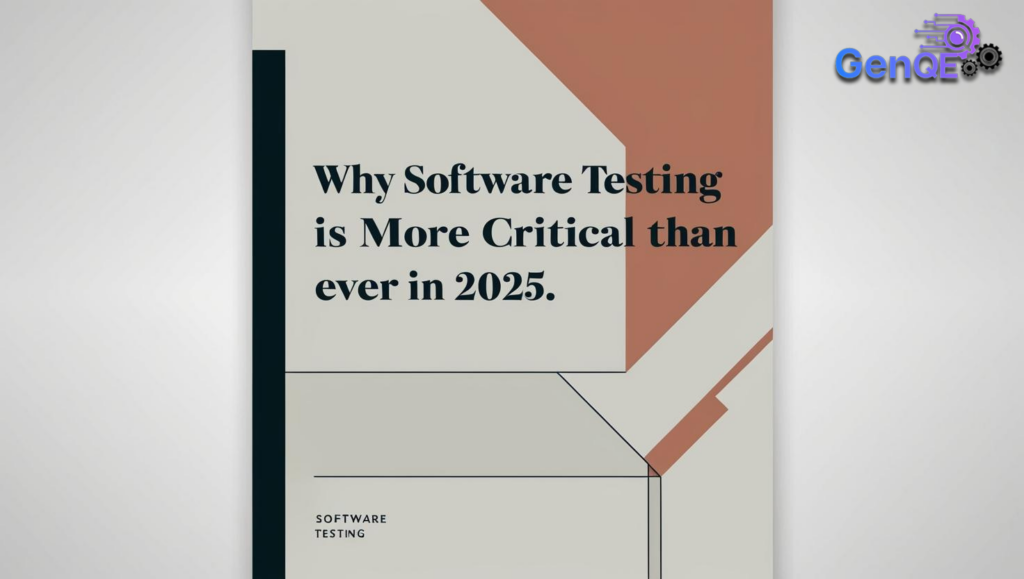
Introduction
As technology advances, software complexity is increasing, making software testing more crucial than ever. From AI-powered applications to IoT devices and blockchain systems, modern software must be reliable, secure, and efficient. In 2025, organizations cannot afford to overlook rigorous testing practices, as software failures can lead to severe financial and reputational damage.
1️⃣ The Growing Complexity of Software
Today’s applications are no longer simple monolithic systems. They consist of:
✔️ Microservices architectures – Distributed systems with multiple independent services.
✔️ Cloud-native applications – Hosted across various cloud platforms, requiring cross-platform testing.
✔️ AI-driven software – Self-learning algorithms that need rigorous validation.
✔️ IoT-enabled applications – Interconnected devices that require security and performance testing.
With such complexity, traditional testing approaches are no longer enough. Teams must embrace modern testing methodologies to ensure software quality.
2️⃣ The Rise of AI and Automation in Testing
Manual testing alone cannot keep up with rapid release cycles. In 2025, AI-driven testing and automation are essential for:
✔️ Faster Test Execution – Automated tests significantly reduce testing time.
✔️ Smart Test Case Generation – AI can analyze user behavior and generate relevant test scenarios.
✔️ Self-Healing Test Scripts – AI can adjust scripts dynamically when UI changes occur.
✔️ Predictive Analytics – Identifies high-risk areas in applications before defects occur.
Testing tools like GenQE, Selenium, and Cypress are now integrating AI to enhance test automation and efficiency.
3️⃣ Security Testing: A Top Priority
With cyber threats on the rise, security testing is no longer optional. Every application must undergo:
✔️ Penetration Testing – Simulating cyberattacks to find vulnerabilities.
✔️ API Security Testing – Ensuring that APIs do not expose sensitive data.
✔️ Data Privacy Compliance Checks – Adhering to regulations like GDPR and CCPA.
Without strong security testing, applications become easy targets for hackers and data breaches.
4️⃣ Performance Testing for Scalability
Applications in 2025 must handle millions of concurrent users, making performance testing vital. Organizations must focus on:
✔️ Load Testing – Checking system behavior under heavy traffic.
✔️ Stress Testing – Pushing the system beyond normal limits to find breaking points.
✔️ Resilience Testing – Ensuring applications recover from failures without downtime.
Performance failures can lead to revenue loss, bad user experiences, and system crashes.
Conclusion
Software testing is no longer just about finding bugs—it’s about ensuring security, reliability, and high performance. As software continues to evolve in 2025, companies that prioritize AI-driven testing, automation, and security validation will stay ahead of the competition.
The future of software testing is here—are you ready for it? 🚀